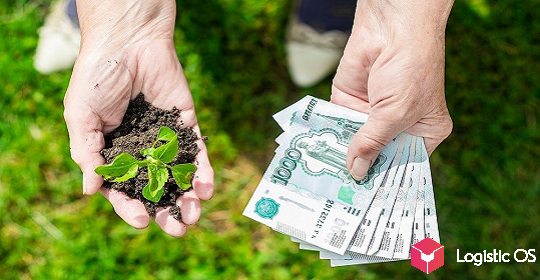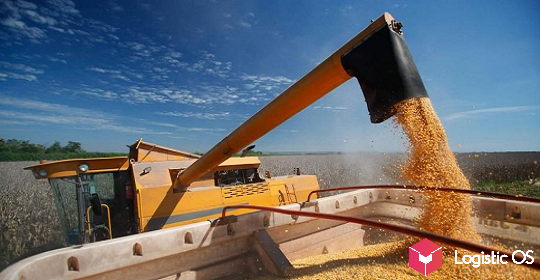It is already known that in January the export duty on oil will increase by 1.7 times compared to December, which should help saturate the domestic Russian market.
In December 2024, the export duty on sunflower oil is about 9,200 rubles per ton, but in January 2025 it may increase to 16 thousand rubles per ton.
At the same time, the duty on sunflower meal will also increase from 3,800 rubles to 4,800 rubles.
Market participants note that due to such an increase, prices for sunflower, as well as oil, should go down on the domestic Russian market.
The fact is that the high harvest of oilseeds collected in the current season will become difficult or even completely impossible to sell on the foreign market.
For this reason, there may be an excess of supply on the domestic market, which will put pressure on prices.
For oil extraction plants, the situation is twofold.
On the one hand, the reduction in prices for sunflower seeds makes it possible to buy them cheaper. On the other hand, a drop in revenue for finished products is inevitable.
However, the worst will probably be for farmers, whose production costs have not decreased at all, given the rise in prices for fertilizers and seeds, as well as the shortage of personnel and the associated forced increase in wages.
At the same time, there are no guarantees that the duty will be reduced in the near future. On the contrary, agricultural producers expect that it may be increased further in February.
This is a new challenge for the entire market, since the export of sunflower oil has not been subject to any duties for more than a year, and this was logical: in this way, the state encouraged producers not to sell raw materials abroad cheaply, but to process it into oil — a product with high added value — in Russia.
Now, the introduction of a duty on oil raises questions, since it significantly reduces the motivation to engage in processing, because the duty practically destroys the margin that could be shared between the oil extraction plant and the sunflower seed producer.
In the current situation, it is worth noting that the decline in prices for oilseeds and butter due to the increase in duties has overlapped with the global decline in prices, which ultimately contributes to the decline even more.
The Ministry of Agriculture explains its policy by the fact that the change in the external situation has caused the rise in the price of butter on the domestic Russian market, and this is exactly what the department is most eager to avoid in order to relieve the financial burden on ordinary Russians.

